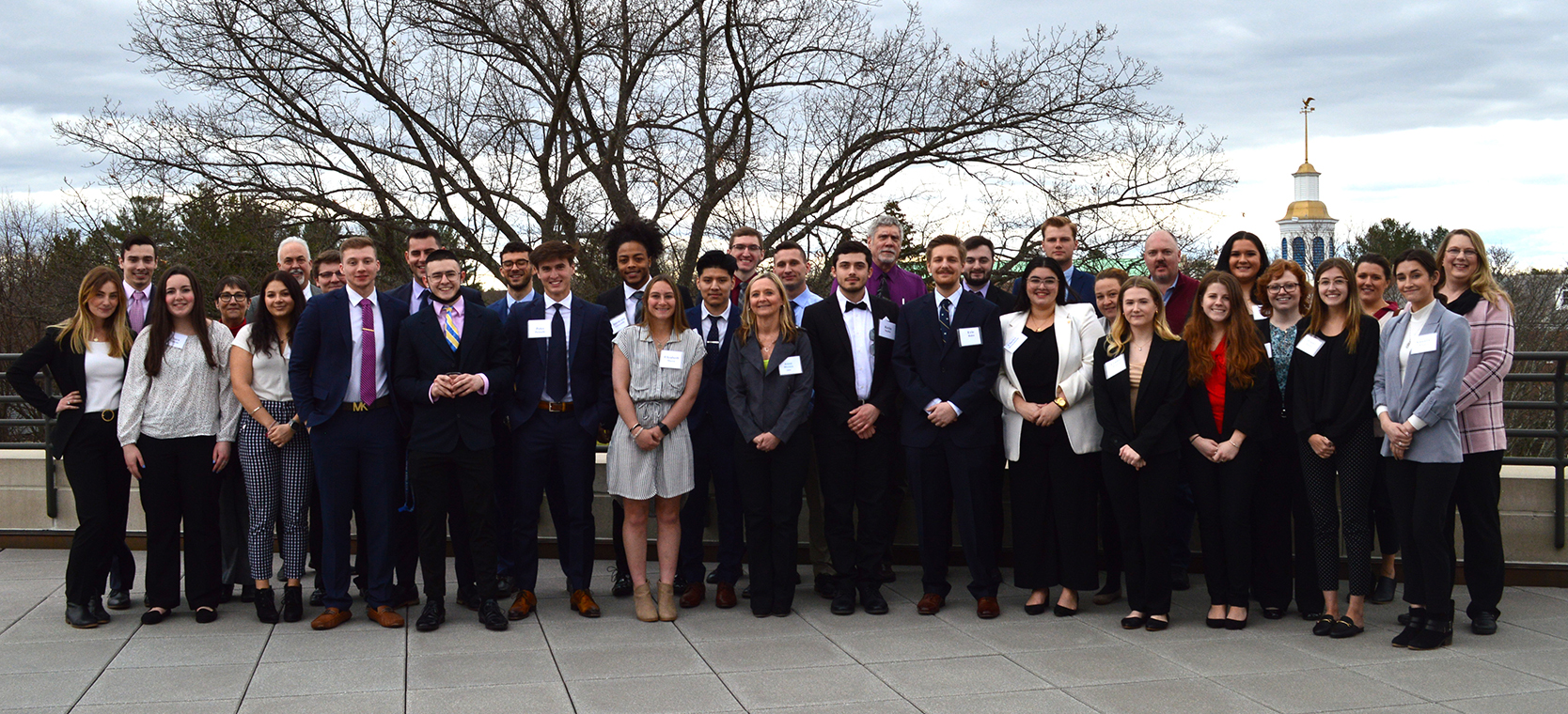Many children argue with their parents when they are told to stop watching television and go to sleep. But when Colin Collins was a kid he eschewed TV stars for the real stars—the ones in the night sky—until he was reluctantly ushered to his bedroom by his mom. Indeed, he knew from a young age that he wanted to be either an astronomer or biologist.
Fortunately for the field of cancer research Colin is now one of the world’s leading authorities in oncogenomics—the application of genomics and computer science to understanding cancer and ultimately its treatment using personalized approaches.
Colin is a professor of Urologic Sciences at the University of British Columbia and the Vancouver Prostate Centre, one of the top translational prostate cancer research Centers on the planet. He and his collaborator Dr. Yuzhuo Wang recently made the news when and used a patient’s prostate tumor growing in a mouse “avatar” to determine how a novel form or resistance to therapy develops. This is the only model for this kind of resistance in existence. “It is important because this mechanism of resistance is now seen in roughly 30% of prostate cancer patients,” he said. Prior to this, prostate cancer researchers were limited to growing the tumor cell lines in plastic dishes. The new procedure provides unprecedented levels of accuracy in seeing how patient-specific prostate tumors respond to drug therapies or develop drug resistance.
These breakthroughs are the latest in a career of accomplishments for Colin and his research teams. In 2003, when he was an associate professor in residence at the University of California, San Francisco (UCSF), he invented, and was awarded a patent for “paired-end sequencing,” the method on which almost all genome sequencing is currently based. It allows one to determine both genome sequence and structure. Colin and his team were the first to sequence tumor genomes using this method, which has been credited with fundamentally transforming the way in which tumors are studied.
A “World Class” Education
For Colin, a native of Springfield, the journey that led to his pioneering work began as a biology major at Western New England University. “The University provided me with a great foundation,” he said. “I received a “truly outstanding world class education at Western New England. I am grateful for the small classes and outstanding professors I had there, especially Biology Professor Robert Holdsworth, who taught developmental and cell biology. Walter Coombs, another biology professor, was really phenomenal and I have carried his lessons on evolution into all of my thinking on cancer.” Colin also remembers the Human Physiology class taught by Associate Professor of Physiology and Pharmacology Zalmon Pober as being “incredibly difficult but well worth taking.”
Colin went on to earn a certificate in Genetic Engineering at San Francisco State University and a PhD in Medical Genetics at the University of British Columbia. He has worked at Lawrence Livermore National Laboratory, the Lawrence Berkeley National Laboratory, and at University of California San Francisco, where he was awarded a patent not only for paired-end sequencing, but also for his laboratory’s discovery of the ZNF217 breast cancer gene. He and his colleagues demonstrated that ZNF217 makes breast and brain cancer cells resistant to a chemotherapy. This suggests that abnormal levels of this gene may predict the therapeutic usefulness of certain drugs. Also at USCF he developed a panel of genome-based biomarkers (GEMCaP) that can stratify men with prostate cancer—that is, they can determine which patients need therapeutic intervention—as opposed to those who would benefit from active surveillance alone. He continues this work today and said that he will soon publish exciting new data.
Because of such scientists as Colin Collins, who has published 200 scientific papers, oncology is in the midst of a revolution in the detection and management of cancer. Distinct subtypes of each cancer are being delineated, leading to the identification of numerous biomarkers and therapeutic targets.
Personalizing Prostate Cancer Treatment
Colin is now employing “next generation” sequencing—the use of recent technologies that allow him and his colleagues to sequence DNA and RNA from tumors much more quickly and cheaply than ever before—to make personalized oncology a reality for prostate and other cancer patients. “We can test our drug predictions in patient avatars for efficacy without exposing the patient to unnecessary toxicities,” he said.
A major focus of his group right now is trying to understand how prostate cancer becomes resistant to the therapy. “This will enable us to identify and therapeutically target novel ‘drivers’ that will slow down the onset of resistance,” he said. “Moreover, we have developed a blood test or ‘liquid biopsy’ that allows us to inexpensively and safely monitor the evolution of therapeutic resistance from a simple blood draw and predict the next course of treatment.”
Back in the 1980s, in the early days of genomics, little did Colin know how far the field would progress in three decades. “But I knew genomics was the future of biology and I wanted to be a part of it,” he said.
Of course, it’s impossible to tell what Colin would have accomplished if he had chosen to pursue astronomy. He still has an interest in stars and planets, and on a clear night, he can be found in the mountains gazing upward. “Now I’m just a biologist with too many telescopes,” he laughed. But obviously he found his true calling. In the rapidly developing field of precision oncology, the sky is the limit when it comes to unraveling the genetics of prostate cancer, and his team is at the forefront of it. He and his colleagues hope to lead the way in combinatorial therapeutics, which he described as “the elusive Holy Grail” of oncology. “Just as with HIV, which requires a cocktail of drugs,” he said, “cancer will similarly require a combination of therapeutics to contain it by impeding its evolution.”




